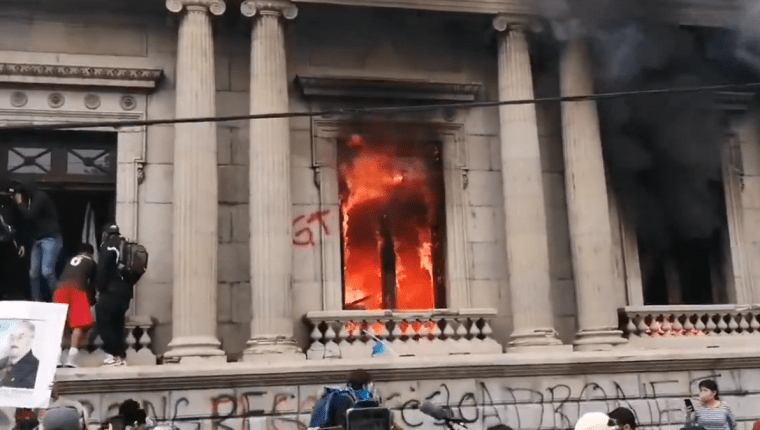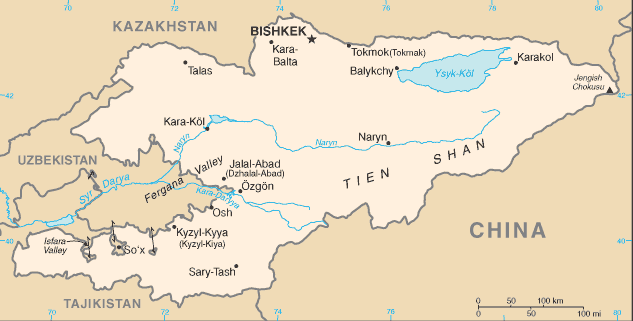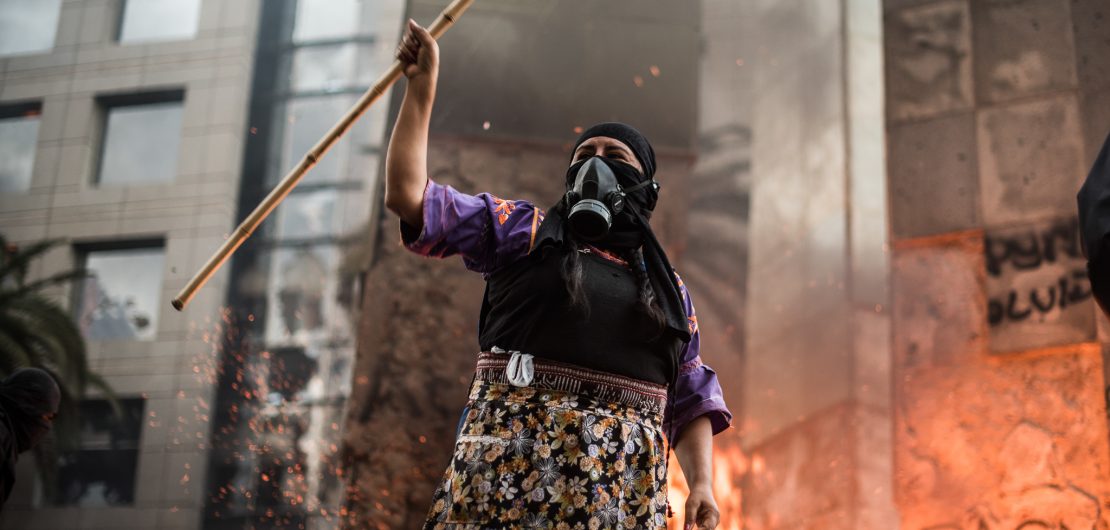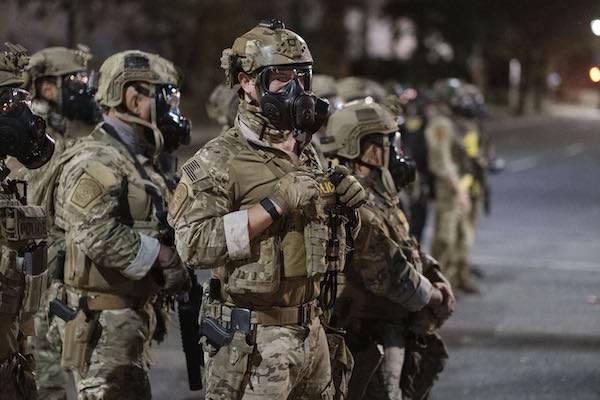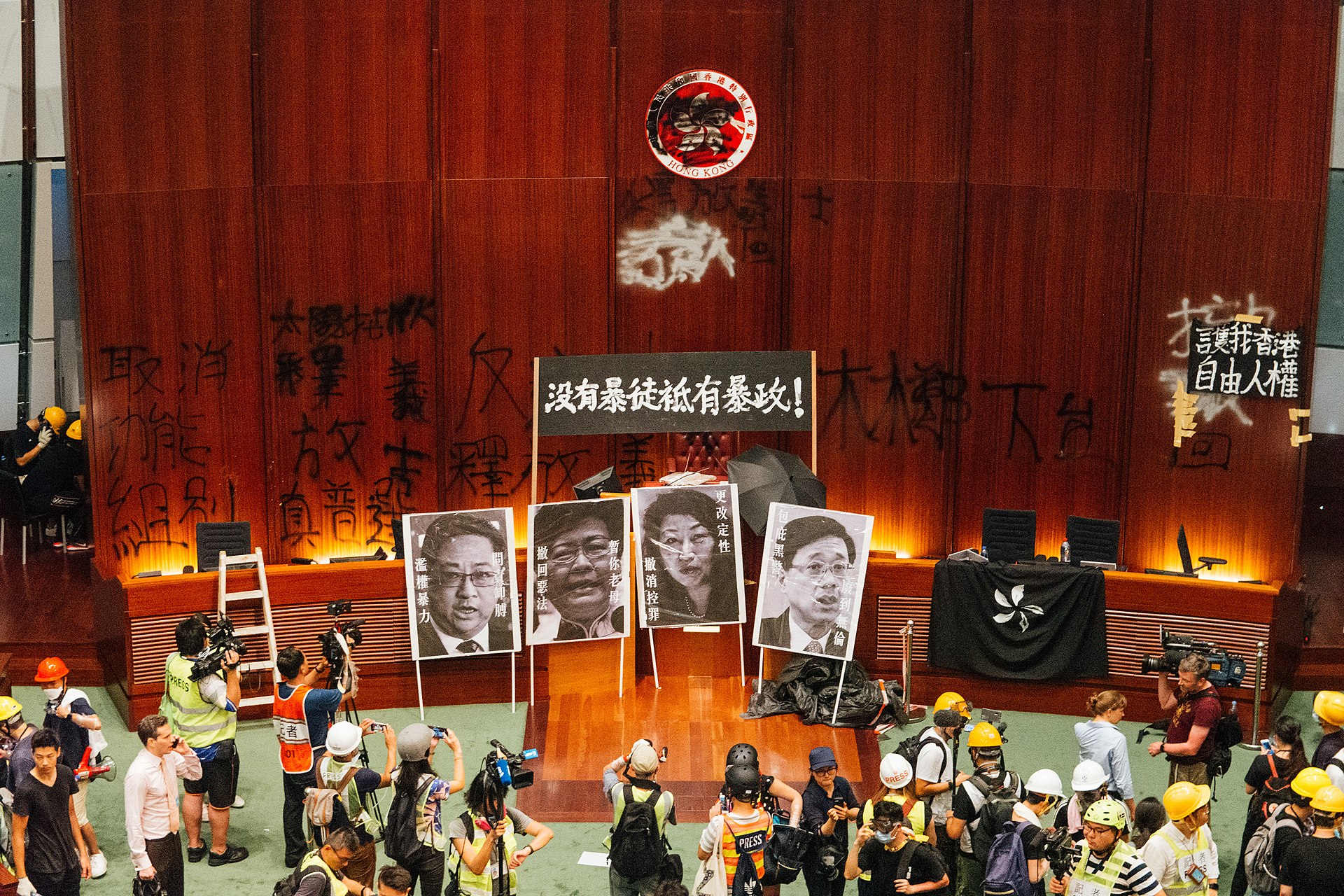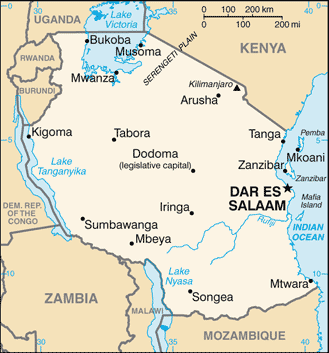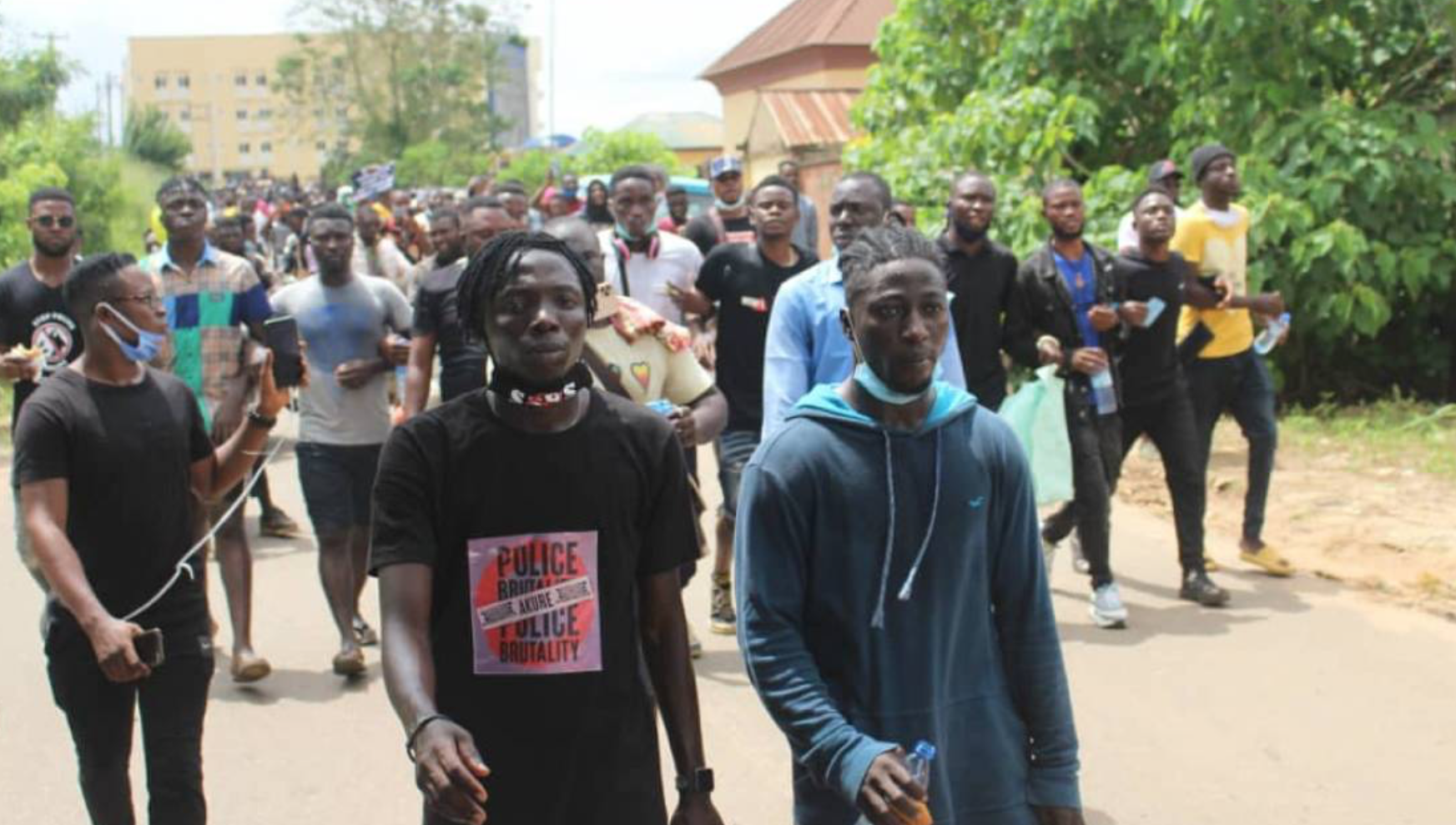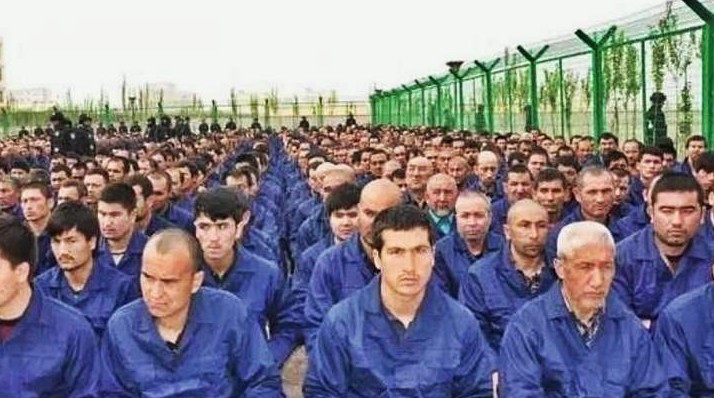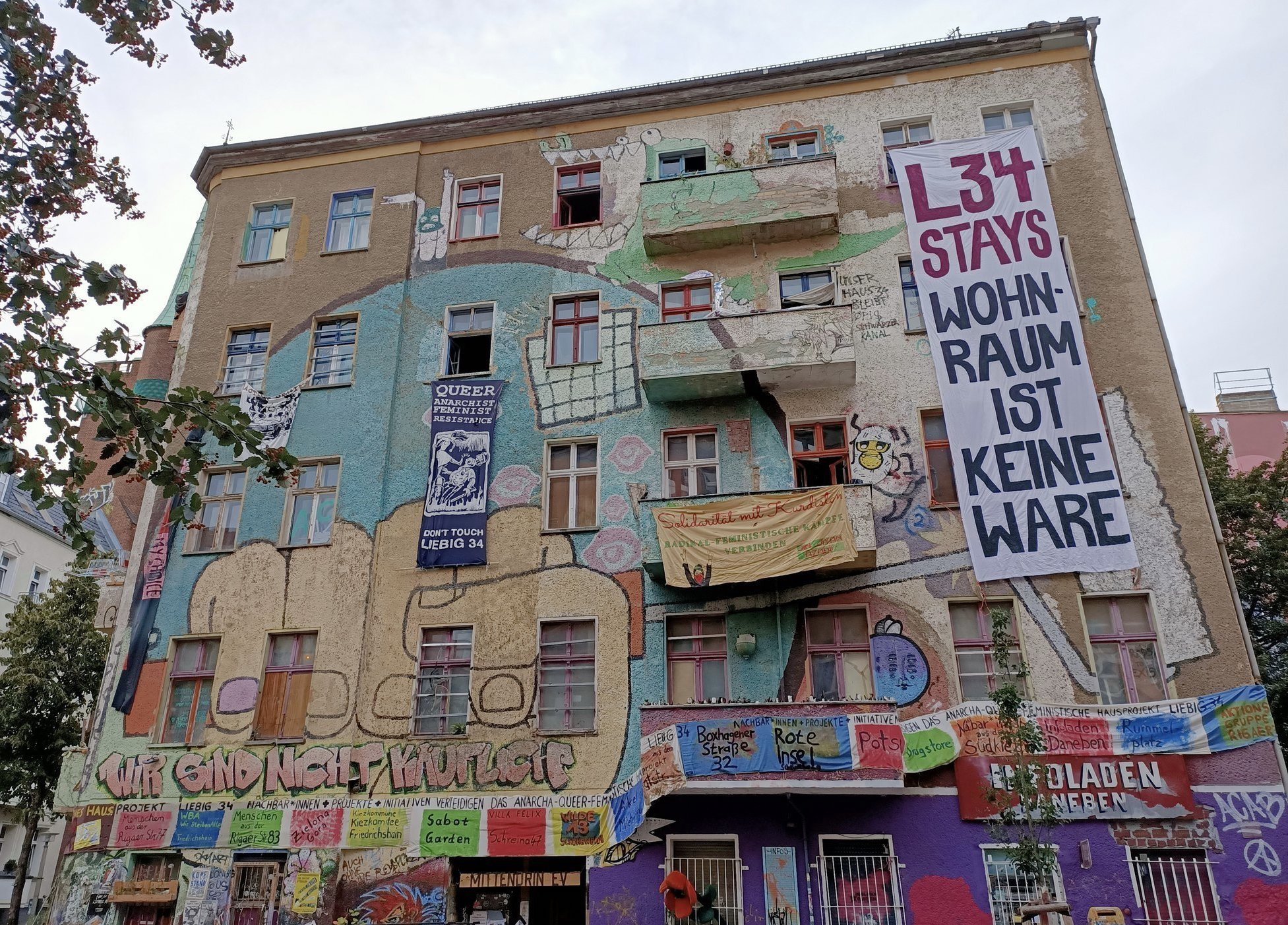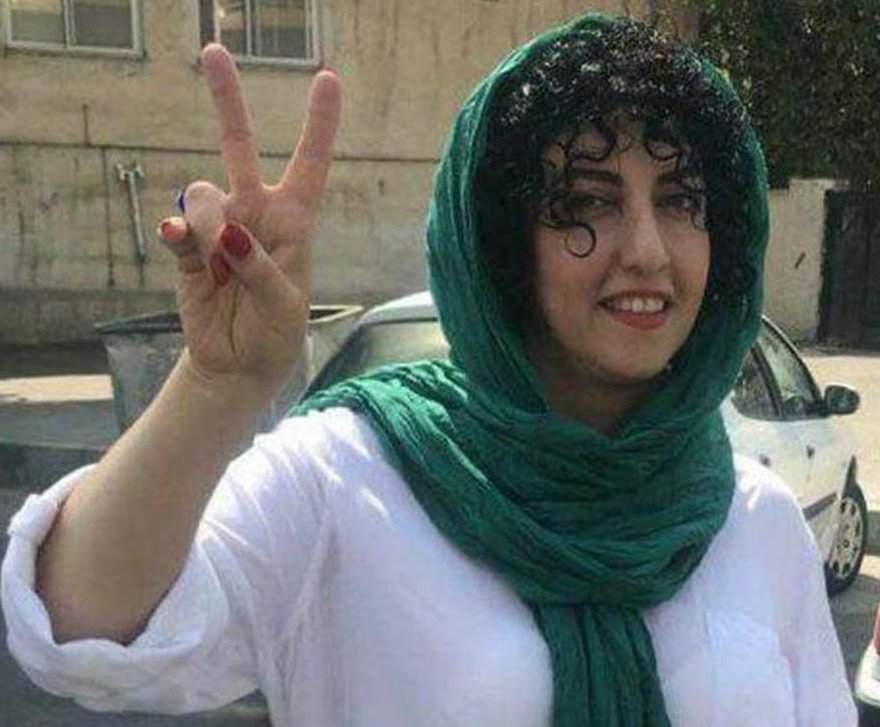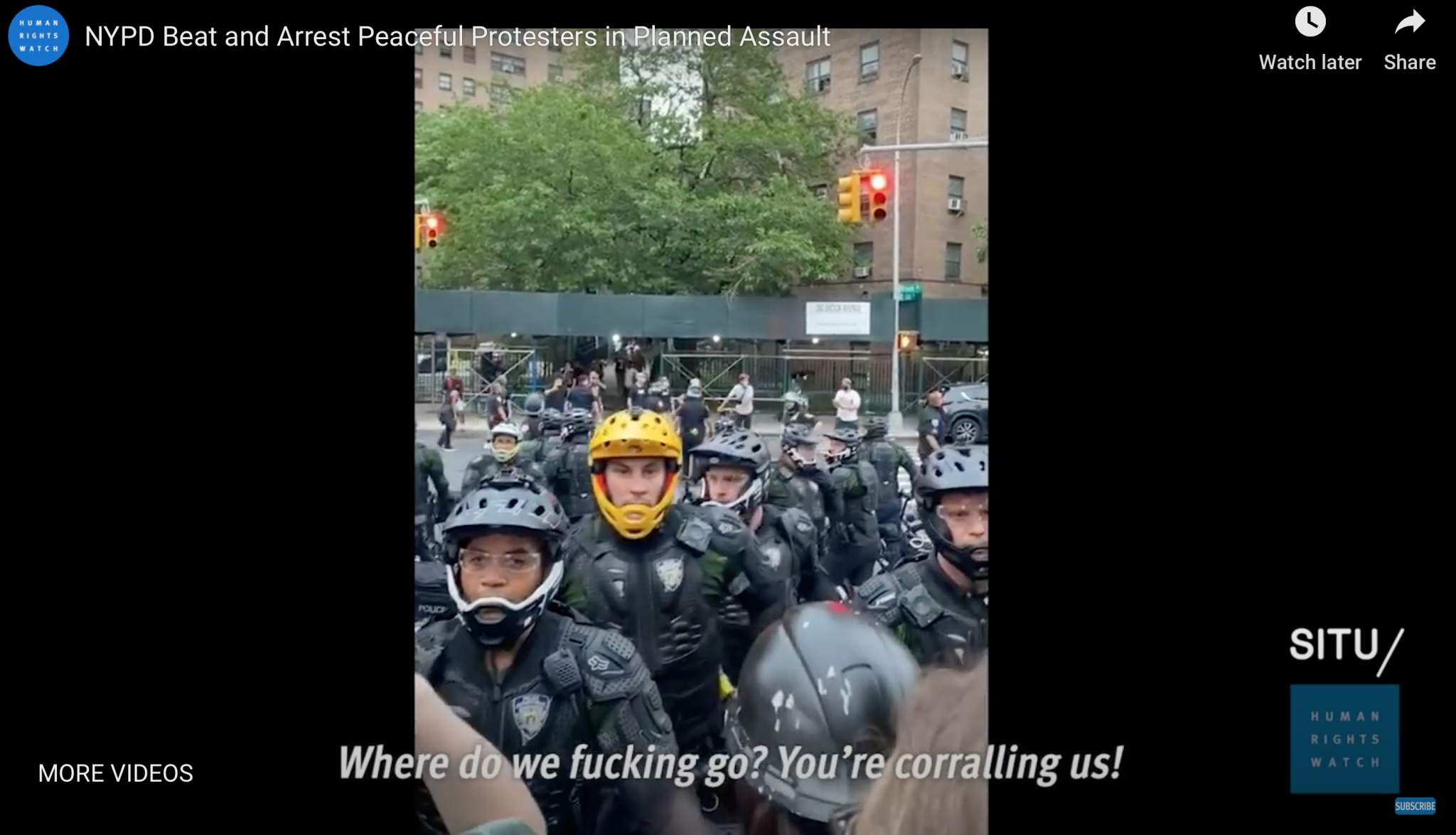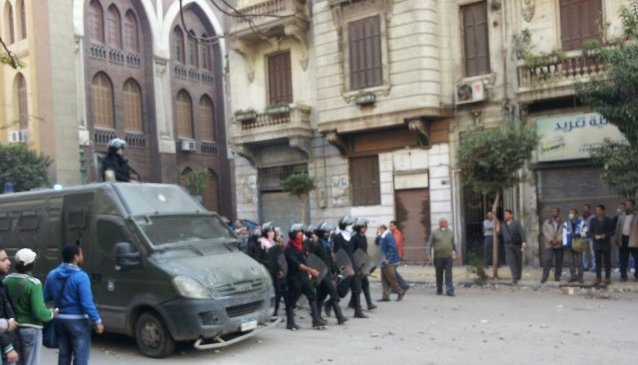
Human rights leaders arrested in Egypt
Egyptian authorities arrested Gasser Abdel Razek, executive director of the Egyptian Initiative for Personal Rights (EIPR), one of the country’s leading human rights organizations and a frontline voice against torture and persecution of dissidents. Mazek’s arrest closely follows the arrests of several other leaders of the organization, who have been charged with “joining a terrorist group” and “financing terrorism.” The UN High Commissioner for Human Rights has expressed concern over the arrests and called for Egyptian authorities to release the detained members of the group. (Photo: WikiMedia via Jurist)



